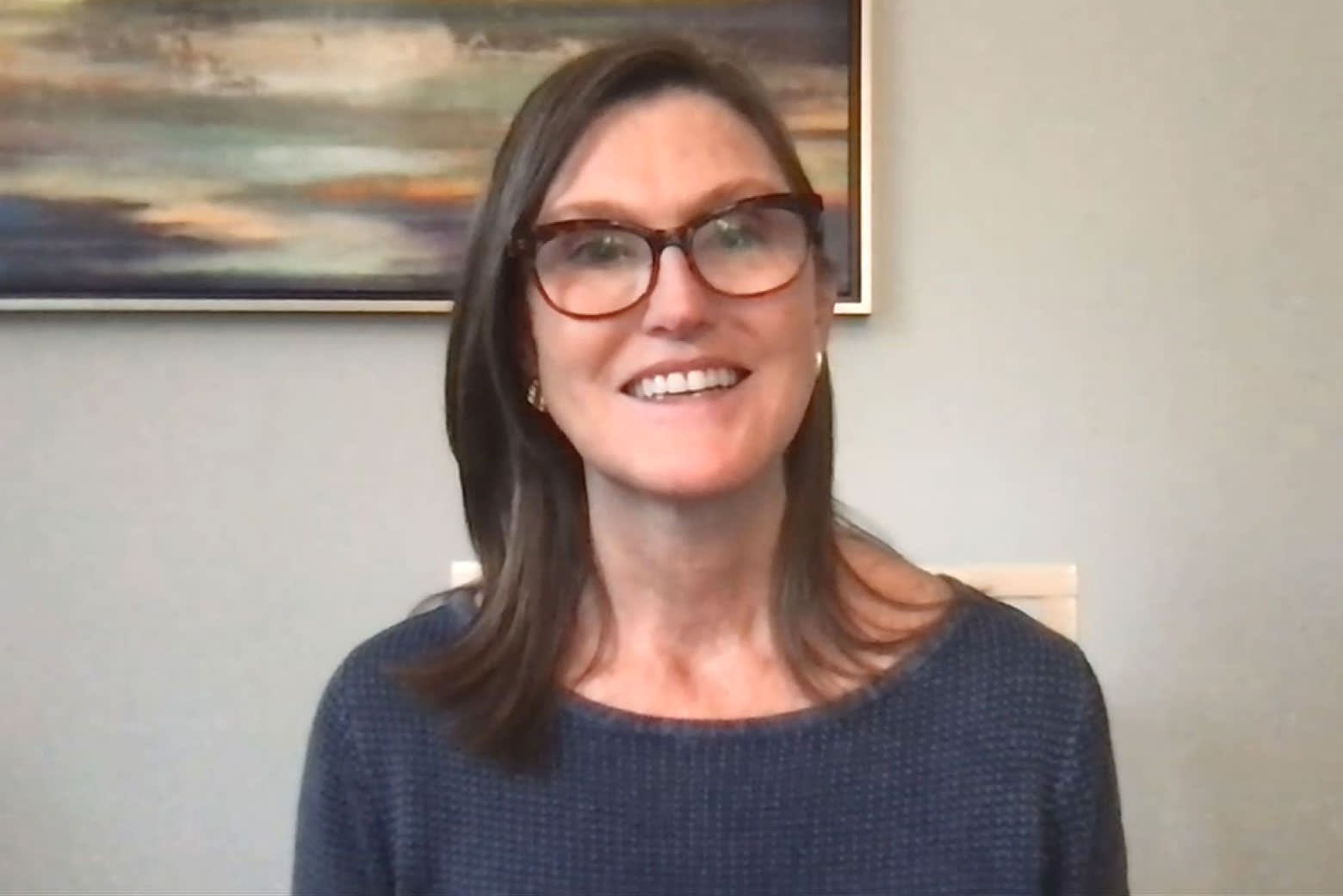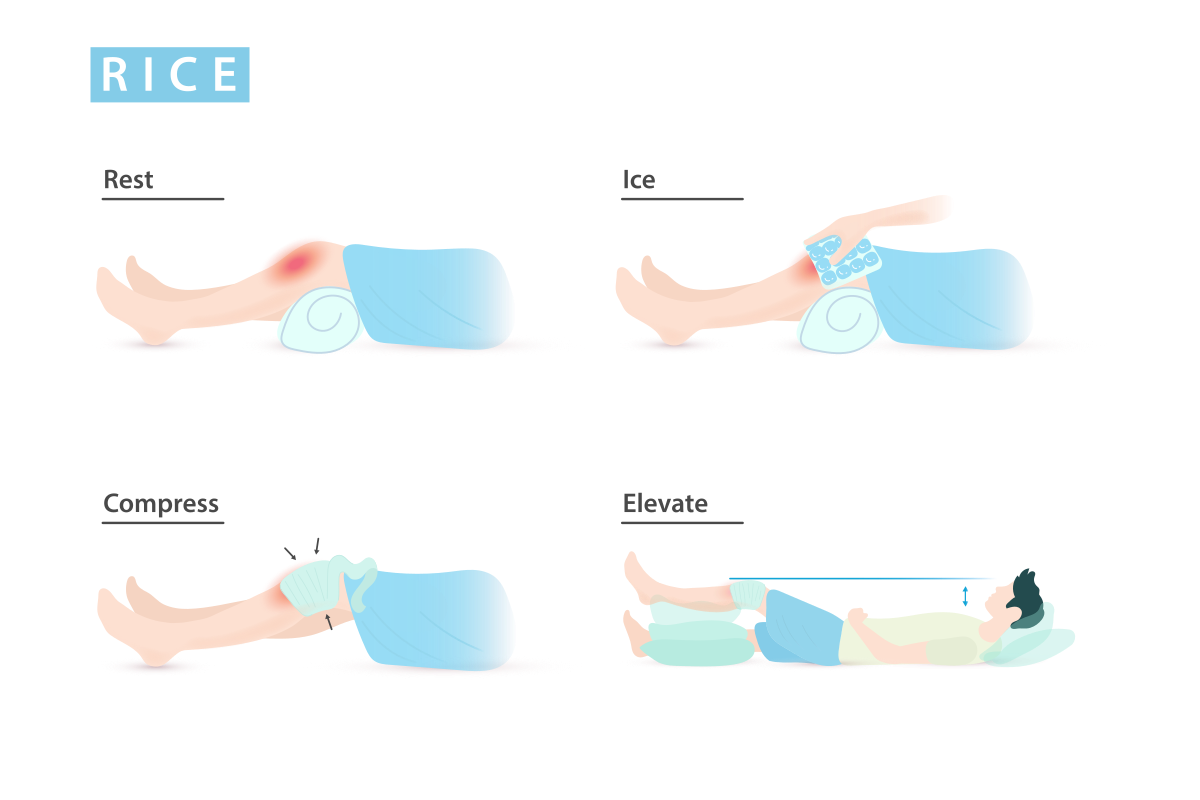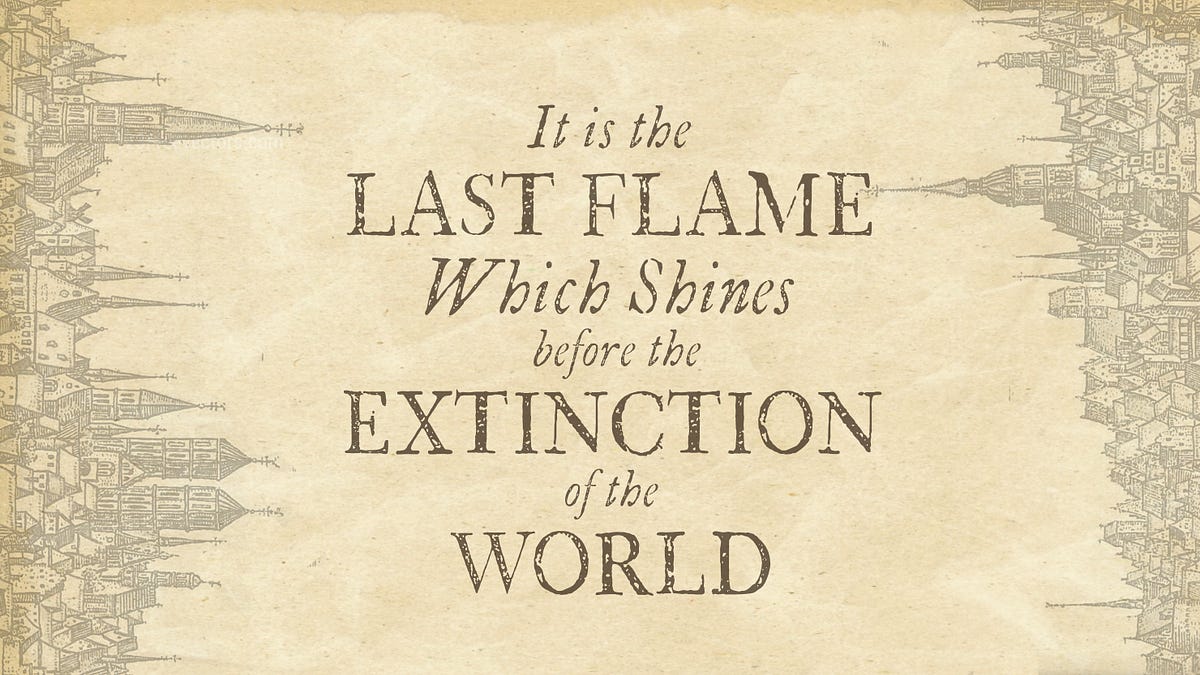
Objective Morality
I – II – III – IV – V – VI – VII – VIII – IX – X – XI – XII – XIII – XIV – XV – XVI – XVII – XVIII – XIX – XX [Separate-page view]
In my last post, I talked about why I’m not religious and why I don’t think religion provides a good basis for morality. Whenever this topic comes up, one of the most common responses from believers is to ask: Well, if you don’t think morality comes from God, where do you think it comes from? If God isn’t defining which actions are good and which are bad, then who does? Does everybody just use their own definitions of good and bad? Are we stuck with a system of moral relativism, in which there’s no basis for saying anyone’s definition is more legitimate than anyone else’s, and the conceptions of morality held by the Nazis and the Taliban are considered to be no less valid than those held by Martin Luther King and Mahatma Gandhi? Is morality really nothing more than a matter of cultural convention or personal opinion or preference – like a favorite ice cream flavor or something – with no objectively correct answer?
It’s a reasonable concern, because there actually are quite a few people who do believe in this kind of relativism. Some of them are well-meaning progressive types, who start from the premise that it’s good to respect other cultures (which is certainly true!) but then take that premise as such an absolute that they extend it far beyond its reasonable limits, to the point that they’ll readily accept even the most brutal and inhumane practices in the name of universal tolerance. This attitude can lead to some ugly results – as when, for instance, the government of Brunei recently attempted to justify its draconian penal code (which imposes punishments like amputation and stoning to death for offenses like adultery, theft, and homosexual behavior) with the assertion that “it must be appreciated that the diversities in culture, traditional and religious values in the world means that there is no one standard that fits all.” Not exactly that progressive after all, it turns out.

















